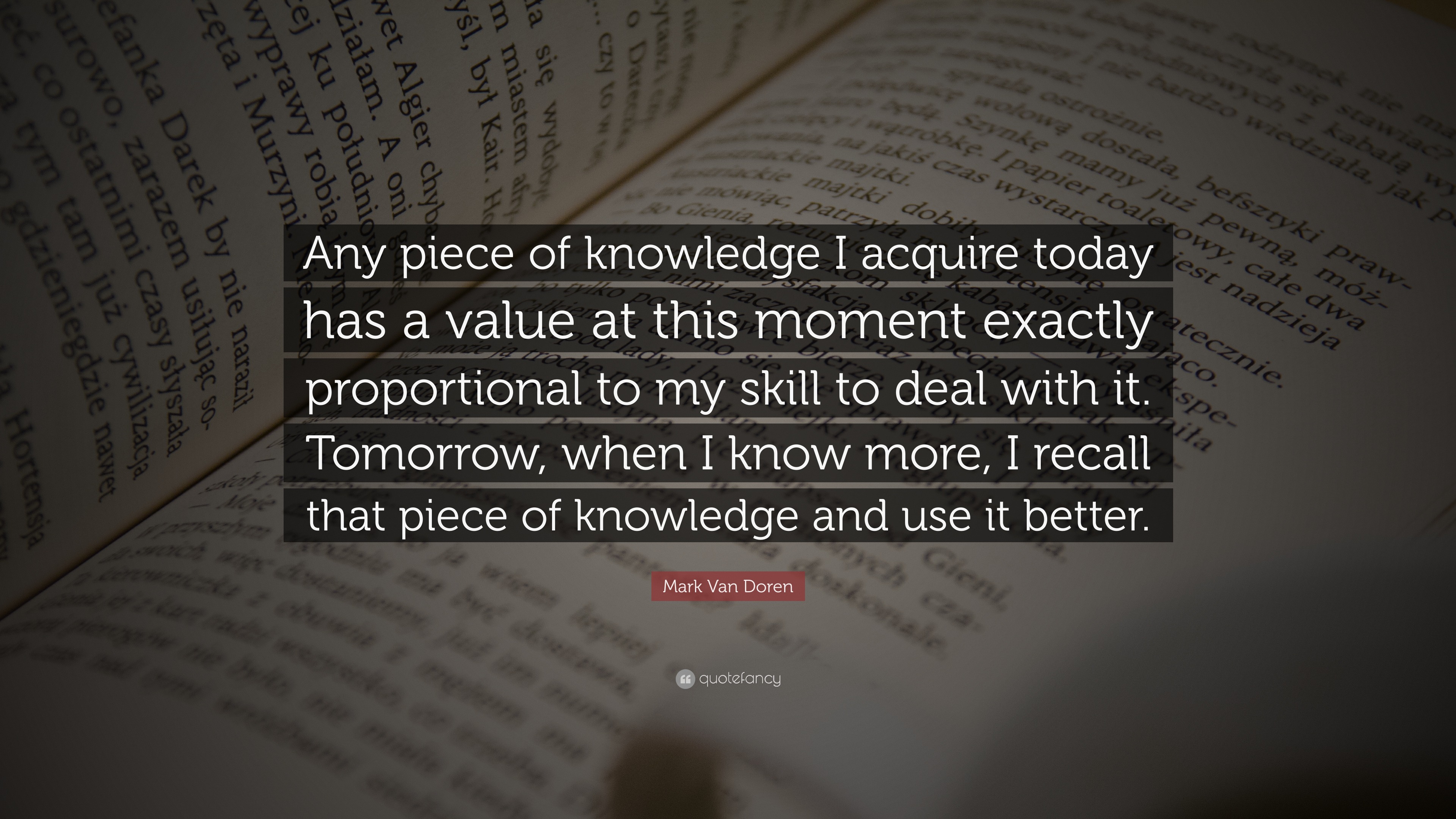

The first time Al called, he asked me to come to his apartment. By 1956, Carl was dead and my father was close to retirement, after nearly forty years. Carl resigned his Columbia professorship in order to pursue a writing career, which included winning a Pulitzer Prize for biography (of Benjamin Franklin) he helped my father to become a teacher of literature at Columbia, too. In 1912, Carl had married Irita Bradford, who not long afterward was named the book-review editor of the New York Herald Tribune. My uncle Carl, his oldest brother, had been a professor of American literature at Columbia. My father was Mark Van Doren, a poet and critic and, as Al Freedman knew, a legendary teacher. It wasn’t hard to guess why Al was interested in me. When I learned what he wanted, I telephoned Gerry-Geraldine Bernstein, the young woman I had been dating and whom I married six months later. Later, I asked my friend to tell me more about Freedman, and she said that he was a producer for Jack Barry and Dan Enright, who created shows like “Tic Tac Dough.” Freedman called me a few days later. I was not comfortable talking about myself, especially when he asked me how much an instructor of English made.


I told him that I was an instructor of English-a long way from being a professor. “Your father’s a professor at Columbia?” he asked, and, when I nodded, he asked if I was, too. Al told me that contestants on “The $64,000 Question” could win that amount and on some shows they could win even more. And I’d certainly heard about the game shows, where people could win a lot of money. I didn’t have a television set in those days, but I knew that Al Freedman was in the TV business. He asked me what I thought of “Tic Tac Dough.” Freedman was about my age, suave and well dressed-certainly no bohemian, like most of my friends. I don’t remember the dinner clearly, except that at some point in the early fall of 1956 I was talking with a man named Albert Freedman, who knew a friend of mine. In addition, I was making a small fortune.

I was also thought to be the ideal teacher, which is to say patient, thoughtful, trustworthy, caring. I was considered well spoken, well educated, handsome-the very image of a young man that parents would like their son to be. For fourteen weeks in the winter and spring of 1956-57, I came into millions of American homes, stood in a supposedly soundproof booth, and answered difficult questions.


 0 kommentar(er)
0 kommentar(er)
